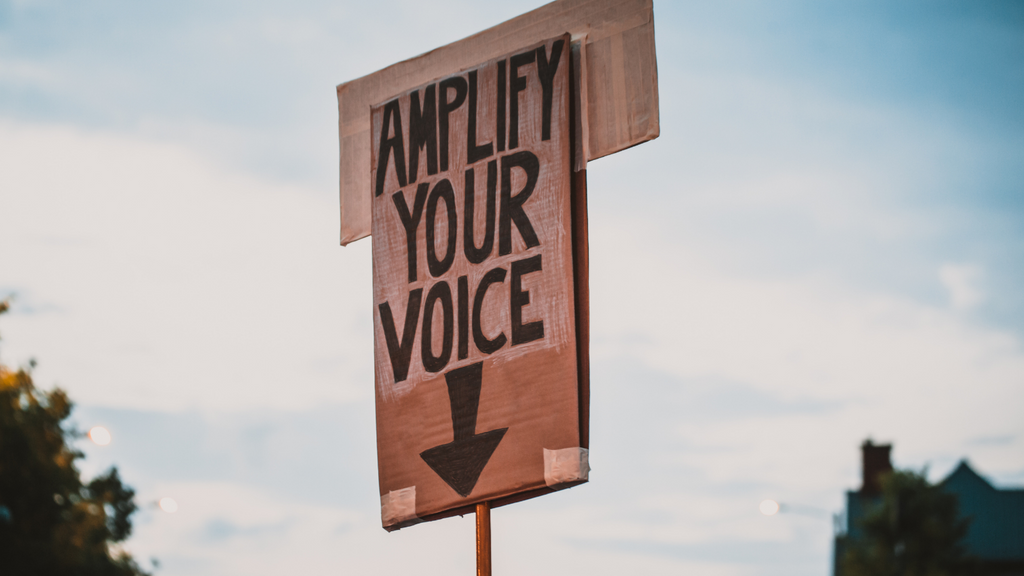10 Ways to Cope with Current World Events

10 Ways to Cope with Current World Events
Tips and resources to stay well during these times of uncertainty
Feelings of powerlessness and uncertainty in response to disturbing current events—such as the Russian invasion of Ukraine—can be difficult to cope with. While these tips may not directly address the causes of this stress, they can help you manage it and keep going.
1. Limit your intake of news and social media

If you’re feeling distressed by the news, it’s OK to take breaks. If disengaging completely feels like too much, create limits for yourself: set a timer that allows you to engage, but reminds you to stop. Read a book, take a walk, or find some time without media. Remember, taking time for yourself is not selfish.
2. Let your voice be heard

When we feel powerless, it’s important to find ways to have a voice. You could get involved in forms of activism, join organizations, attend events, talk to others about what you value, make a donation, or work to protect the rights of others. Consider how to balance action with rest.
3. Maintain your routine and engage in healthy activities
Try to strike a balance between keeping up with current events and going about your daily life. Basic acts of self-care can make a real difference during times of stress: take breaks, connect with family and friends, take on fewer commitments, engage in spiritual or religious practices, or go for a walk. Find what feels good for you.
4. Practice relaxation

Try self-soothing strategies like meditating, breathing exercises, listening to music, or whatever you find helpful. BU offers complimentary access to HeadSpace so you can meditate and clear your mind whenever necessary. Give yourself a bit of sympathy, too. Stress can often cause you to underperform. Make sure you set aside time to treat yourself and enjoy some moments of joy.
Heads up, On March 25, BU Student Health Services is hosting Mindfulness for Coping with Socio-Political Stress from 4 to 5 pm ET on Zoom. Students will participate in mindfulness exercises to promote inner calm amidst our current sociopolitical stressors. Activities include journaling, breath work, guided meditation, and gentle movement to check in with themselves and process feelings of stress. Note: Students must use their BU email address to register.
5. Move your body

When you experience stress, your muscles tense. Practicing movement that releases tension can help you process difficult emotions. Try shaking out parts of your body, gentle stretches, self-massage, or other forms of movement.
6. Recognize your limits
Remember that you may not be as efficient as usual, and you might need more time or help to complete tasks. It’s OK! We’re all human. Just plan accordingly, show yourself kindness, and ask for support when needed.
7. Seek out community

Check-in with your friends or family. Even when you don’t know the “right” thing to say, just being with others during difficult times can be powerful.
8. Acknowledge your feelings
Reactions to events vary from person to person. Some people experience intense feelings while others may not. Allow yourself to feel what you feel without judgment of yourself or others.
9. Remember that self-care and community care are connected
It can be tempting to prioritize activist work over your own self-care, but they are interconnected. Taking time for yourself helps you show up as a kinder and more compassionate person to others, and can refuel your capacity for activism.
10. Reach out if you need additional support
BU’s International Students & Scholars Office provides information on policies affecting international students and their families. BU’s Dean of Students can provide assistance with personal and financial emergencies. And if you need additional mental health support, you can contact Behavioral Medicine at Student Health Services.
Comments & Discussion
Boston University moderates comments to facilitate an informed, substantive, civil conversation. Abusive, profane, self-promotional, misleading, incoherent or off-topic comments will be rejected. Moderators are staffed during regular business hours (EST) and can only accept comments written in English. Statistics or facts must include a citation or a link to the citation.